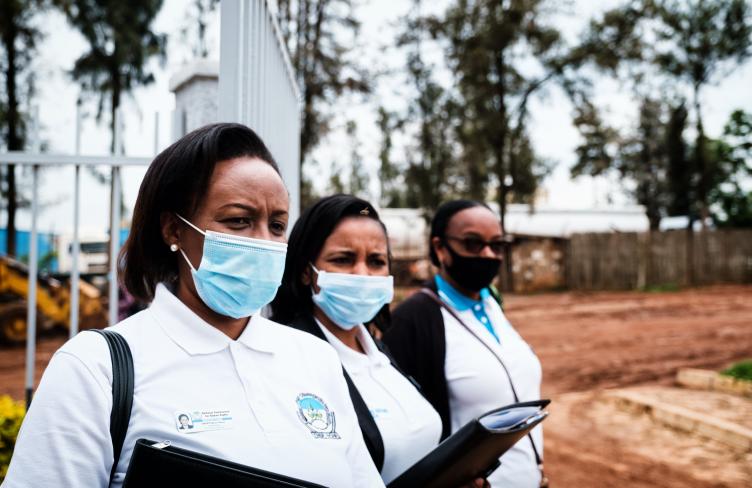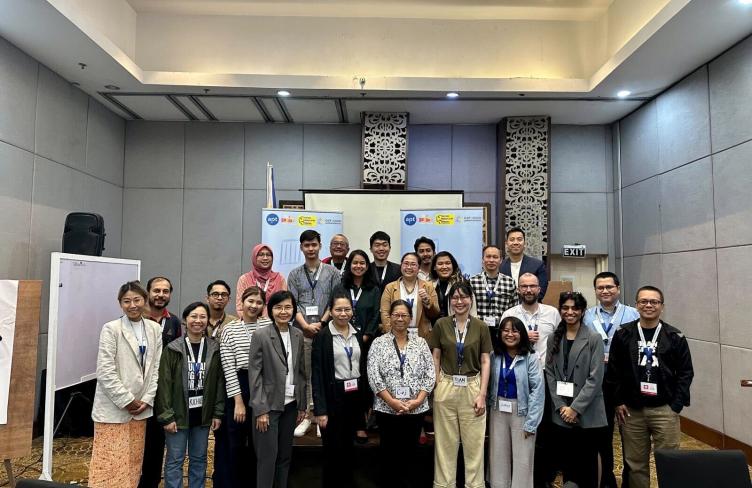
Six years after ratifying the Optional Protocol to the UN Convention against Torture (OPCAT), the Philippines have yet to establish their National Preventive Mechanism (NPM). Other pressing human rights priorities, as well as divergences between Congress and Senate are contributing to the status quo. In the meantime, the Commission on Human Rights of the Philippines (CHRP) is mobilising partners at the national level to join forces in urging the government to expedite the establishment of an NPM, in line with Philippines’ obligations under the OPCAT. APT’s visit to the Philippines in April came in that context, with a view to discussing ways to move forward with the designation of an NPM in the country.
Together with the CHRP, the APT organised a roundtable discussion for members of governmental agencies and civil society to discuss a joint follow-up to the UN Committee against Torture (CAT)’s 2016 Concluding Observations, in particular with regards to the State's obligation “to expedite, without delay, the creation of an NPM,” to ensure it has “all the resources necessary to fully carry out its mandate independently and effectively,” and that its monitoring work be “complemented” by that of non-governmental organisations (NGOs).
The roundtable was attended by around 25 national actors, representatives from the Philippines’ National Penitentiary as well as NGO groups part of the United against Torture Coalition; and several lessons on NPM designation were drawn out from the discussion:
- The CHRP needs to further strengthen its cooperation with civil society as their united voice will send a stronger message to the government on the importance of the prompt establishment of an NPM.
- The CAT’s recommendations must be acted on, in line with other international recommendations received by the Philippines during the country’s third cycle of the Universal Periodic Review (UPR) in 2017 as well as observations made by the Sub-Committee on Prevention of Torture during their visit to the Philippines in 2015, and in particular “to deal urgently with prison overcrowding and improve independent monitoring of places of detention.”
- Follow-up efforts around the Concluding Observations could represent an opportunity to revive national coordination and cooperation on NPM designation in the Philippines.
“The discussion was a promising start for joint advocacy around the NPM designation in the Philippines,” said APT’s Asia Pacific Programme Officer, Shazeera Zawawi upon her return, fuelled by the national actors’ revived enthusiasm and commitment to prevent torture.
While the Philippines ratified the OPCAT in April 2012, discussions on the designation of the NPM are ongoing since 2008. Several options are being considered, including designating the CHRP – Philippines’s national human rights institution – as NPM, or giving it a specific role under the OPCAT. These different options are integrated in different Bills going through diverging legislative tracks at the Congress and Senate level. At the Congress level, a Bill creating a new Institution as NPM is at its third reading, while at the Senate level, a Bill giving the NPM mandate to the CHRP is at its second reading.
For more information
- On our work in the Philippines, please click here
- On the Philippines’ status of implementation of the OPCAT, please access our OPCAT Database


